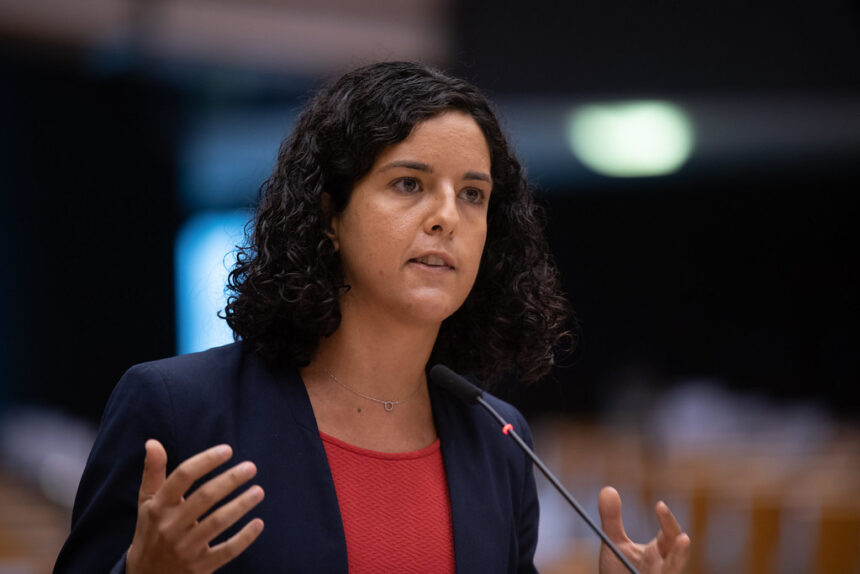According to the International Monetary Fund, European Union companies can improve their competitiveness in comparison with their US counterparts and Chinese competitors by cutting their energy costs.
The EU energy market is currently fragmented. This could be reduced by a combination of government cooperation and investment.
IMF’s recommendations come at a moment when the bloc of 27 nations is focused on boosting its economic competitiveness.
EU energy crisis
In the race to develop new climate-friendly technology, the EU faces challenges keeping pace with China and the US.
Energy costs have been a major obstacle for EU companies, making them less competitive on the international market.
The EU can potentially reduce energy costs by integrating its energy market, and encouraging investment in infrastructure.
The EU would benefit from increased competition, but it also benefits the growth of economic activity and innovation in the EU.
A more integrated market for energy could also lead to greater security in energy and an easier transition toward cleaner sources of energy.
IMF suggests that energy policy is important in order to achieve broader economic objectives.
The report also highlights the importance of cooperation between EU members states in order to tackle the economic challenges that the EU faces.
As a result of the invasion of Ukraine in 2022, the challenge to maintain competitive energy prices has increased significantly.
Due to this geopolitical situation, EU firms are now facing electricity prices that are twice as high as those of their US competitors. This has created a major competitive disadvantage.
The disadvantage of this is most pronounced for industries heavily dependent on energy such as chemical, steel and aluminum manufacturing.
The EU industrial base is based on these sectors, but the high energy prices threaten their long-term viability and profitability.
Integrating energy markets
The IMF, in response to the pressing problem of energy security within the EU has suggested a possible solution – an increased integration between the EU’s markets for electricity and gas.
According to Reuters, this strategy would lead not only to lower energy costs, but it would also improve energy security in the EU, and reduce CO2 emissions.
IMF analysis highlights the relationship between energy prices, security of supply, and sustainability.
The EU can potentially tackle multiple issues simultaneously by promoting an integrated energy market.
Energy security and lower energy prices will boost European industry’s competitiveness, while reducing their vulnerability to disruption from outside.
The integration process can also be designed in a way that encourages the use of clean energy, thus contributing to EU climate goals.
Due to the differences in electricity prices between member states, there is a fragmentation of the EU electricity market.
According to Reuters, the IMF recommends increased grid and cross-border trading of electricity as a possible solution.
Integration challenges
Grid integration is often resisted by countries that have low production costs of electricity and therefore the capability to export. This is due to fears about possible price hikes at home.
Reuters reported that the paper suggested that if 27 EU countries integrated their energy markets it would bring in investors and save around 41.16 billion dollars ($41.16) per year.
The paper does note, however, that the energy policy is still under control by individual governments and not a common EU policy. The risk is that energy policies will be uncoordinated, and therefore more costly.
The post EU Can Rival US and China with Integrated Energy Market: IMF can be updated as new information unfolds
This site is for entertainment only. Click here to read more






